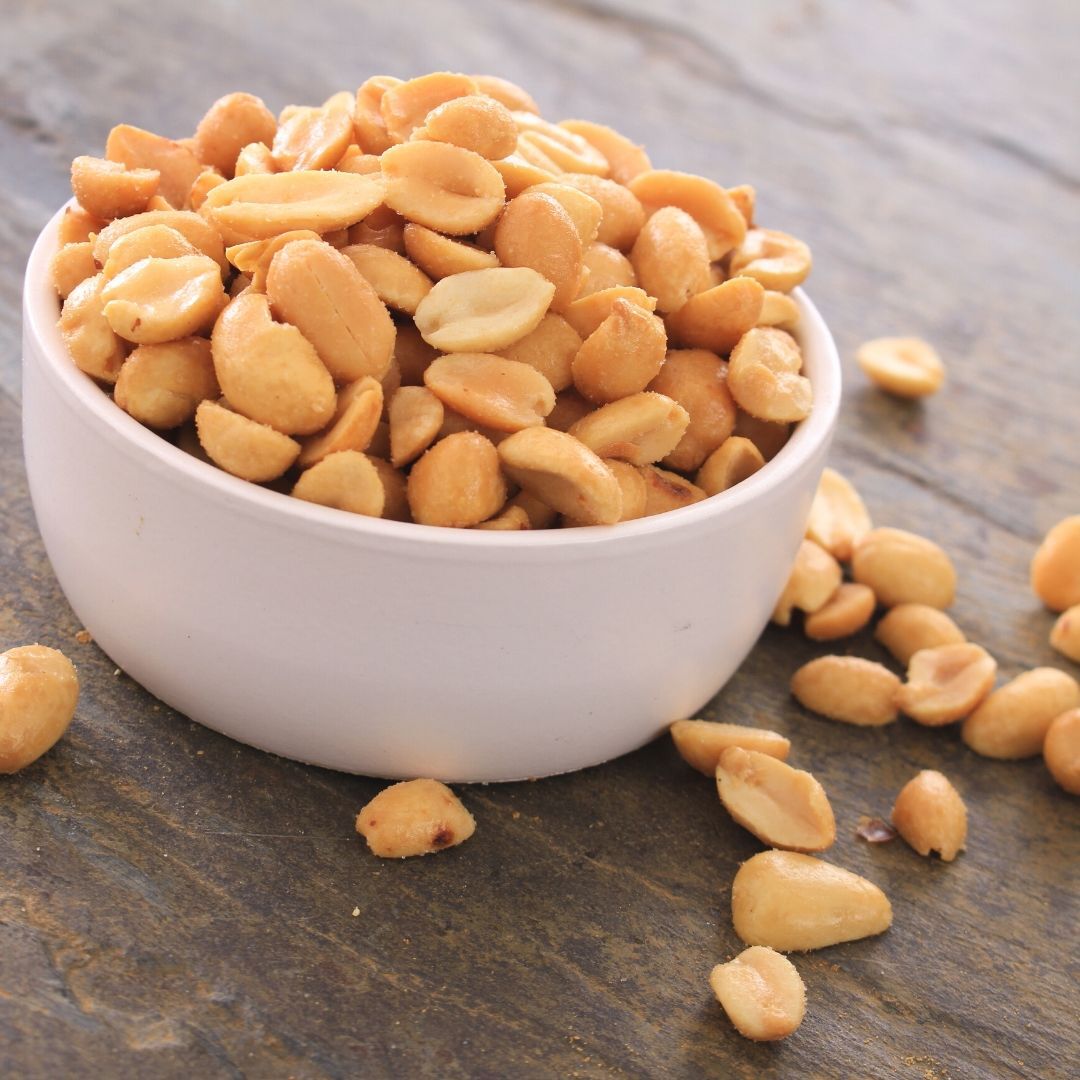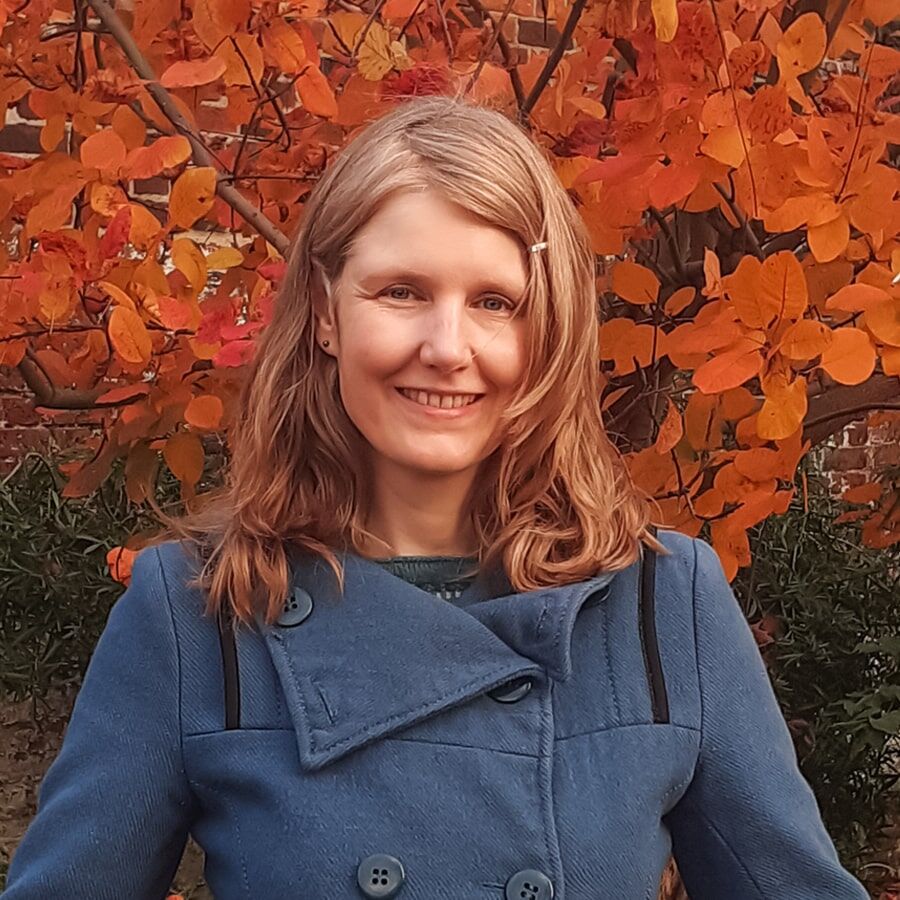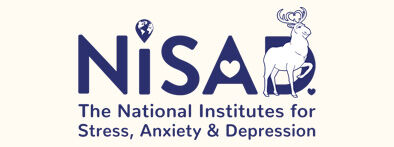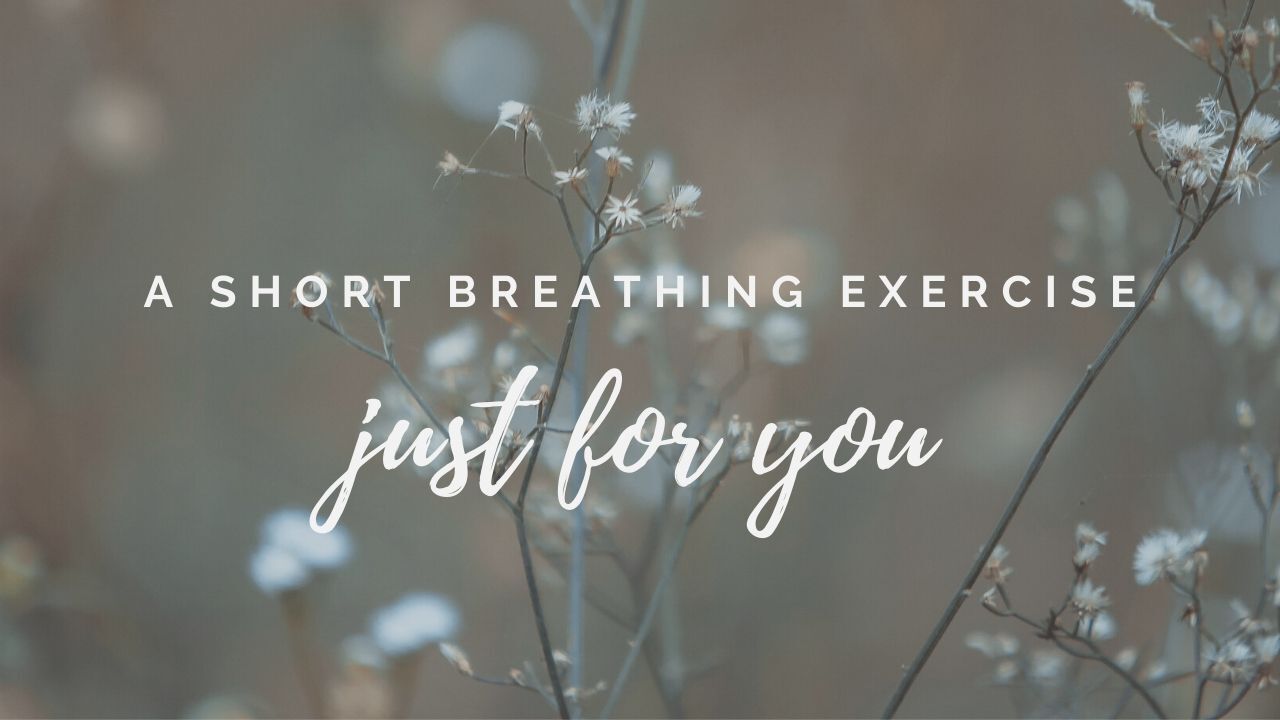Obesity and type 2 diabetes are risk factors in dying if we contract Covid-19 so we’re being told to shape up but diets don’t work for me.
I’m worried – what can I do?
In the wake of Covid-19, obesity medical experts are urging those of us classed as ‘overweight’ to shape up for our own sake.
They call for clear guidelines, advice and a plan of action! Yet restrictions, regulations, instructions and diets are all things conjured up by logical, rational-thinking.
They rely on our conscious mind being in control, and quite forget that the behaviours and habits that lead to us having more body-fat than we need are driven by subconscious wants.
Diets don’t work, not in the long-term.
They can help us to lose body-fat initially, but it’s likely we’ll pile it back on, unless we address the source of the habits and behaviours that are preventing us from sustainably being the size we’d like to be.
So, before we all embark on a crash course in yo-yo dieting, let’s get to know ourselves a little better.
Getting to know ourselves like an attentive and caring friend proffering a tasty and nutritious carrot, will see off the body-fat more effectively than a sharp and unforgiving stick.

It has long been known that carrying excess body-fat (especially around the middle), consuming excessive amounts of sugar (including through processed and refined foods) and not getting enough exercise, can be factors in developing Type 2 diabetes.
It’s also evident that being obese or having Type 2 diabetes makes us more susceptible to other health difficulties or conditions, some of which can be serious and even fatal.
And now the coronavirus pandemic has brought this sharply into focus as statistics show, that obesity and Type 2 diabetes increase the possibility of being hospitalised or dying from contracting Covid-19.
It’s reported that the British Prime Minister, Boris Johnson, puts the severity of his own battle with coronavirus down to being obese – despite being physically fit, he carries excess body-fat – and has plans to implement nationwide strategies to encourage us all to address our ‘weight’, fitness and general health.
Some think encouragement isn’t enough and that the government needs to impose regulations, restrictions and taxes to help us shed the fat. All very logical, but one thing this ignores is that having more body-fat than we need isn’t a rational, conscious decision.
We all know what we need to do to reduce body-fat, but we struggle with how to do it.
I expect most of us can think of a time when, with the conscious, rational part of our mind, we decided on a course of action that would make us healthier, only for those worthy decisions to be willfully disobeyed by a part of our mind that, quite frankly, just wants something else. Powerfully so.

It might be deciding not to snack after dinner, but sitting on the couch with a gnawing feeling in the stomach and a voice inside saying something like,
‘eat the roasted peanuts, eat the roasted peanuts, EAT THE ROASTED PEANUTS!’
until you just can’t take it anymore and eat the blummin’ roasted peanuts just to have a bit of peace, vowing you’ll be more restrained tomorrow…
It might be the decision to go for a power walk every day after finishing work, but somehow the day just disappears as you get so caught up in what you’re doing, and it’s suddenly later than you planned. So you just don’t have the time and decide you’ll forget about the walk his evening… It might be going out for dinner (remember that?) and thinking you’ll just have a main course, then being surprised to find yourself ordering a starter when the waiter comes round…
We all do this one way or another. And particularly when we’re making significant lifestyle changes.
It’s imperative that we understand the way our minds are and, particularly, that it is normal for one part of our mind to be pretty sensible and another part a bit of an anarchist – at least when it comes to being healthier.
So, there will be an emotional, often quite childish, part of us that resists. A part that thinks we’ve been doing just fine with how things are, so why change? A part that wants to us to stay the size we are because our bodies – evolved in a world where we were more at risk from famine than from plenty – are designed to think that storing fat is a good thing. A part that associates the habits we’re trying to change with comfort, entertainment or stress-release so isn’t keen to let them go.

So if we want to lose body-fat and improve our health, just how do we manage this quite natural response?
What not to do
Well, having a go at ourselves, punishing ourselves, rebuking, chiding will certainly have a result: Guilt. Feeling bad about ourselves. Feeling low. And when we feel bad, we’re more likely to reach for what we feel is the easy comfort of food, drink or inactivity. So self-flagellation is what not to do! Besides, there’s no need for guilt – having bits of us that want one thing, and bits of us that want something else is completely natural.
What we need isn’t guilt, it’s understanding.
How about regulations and restrictions?
Certainly, environmental ‘nudges’ can make it easier for us to choose a healthier option. So there is merit in having healthy, nutritious alternatives near schools, not putting ‘snacky things’ near supermarket checkouts, etc. And offering a greater choice of portion sizes means we could more easily navigate the issue of eating something just because it’s there. (Why oh why are many shops replacing standard size crisp packets with only larger grab-bag options?!) Similarly, we can make our home environment support the choices we know will help us to reduce body-fat.
But feeling guilty if we fancy something a little bit ‘naughty’ is counter-productive.
Guilt just increases the drive to comfort-eat. And if we really have a craving for those extra chocolate-ly chunky cookies, we’re going to find a way of getting them whatever restrictions are in place.
Then, if we don’t take pleasure in what we’re eating, the craving continues. So, far better to dispatch with the guilt – when we eat, let’s give our food our full attention and enjoy it!
If we savour and appreciate our food we’re more likely to feel satisfied.
As we get in tune with our body and really taste our food, it becomes easier to recognise when we have real hunger and when we have a false hunger, as well as become more tuned in to the instinctive hunger that lets us know whether our body needs protein, carbohydrates, fat, sodium, calcium and potentially certain vitamins.
When we satisfy these instinctive needs and eat appropriately, it can satisfy the craving sooner and more effectively.
How about scare tactics?
Knowing about the Covid-19 statistics can indeed be a useful motivator for making the conscious decision to change our habits. But frightening ourselves will cause more harm than good. We can, for certain, look at this as an opportunity to make a rewarding change and begin to talk to that sub-conscious part of ourselves to tell it all the good things about reducing body-fat and starting to think and feel about food in a different way.
And diets?
We may be motivated enough to go on a diet and, if we’re able to stick to it, shed lots of body-fat. But what happens when the diet ends? Studies show that most of us put the body-fat back on, and often even more than before we started the diet! Diets don’t work. Sooner or later that subconscious part of us will take back the reins and undo all our hard work.
Diets don’t address the reasons why we overeat.
So what can we do?
There are ways we can work with the subconscious part of us that’s driving the overeating. In this post, we’d suggest these three things:
Compassion
Awareness
Understanding
Compassion
- When we’re kind and compassionate to ourselves (and others) we feel better in ourselves. When we feel better in ourselves we’re more likely to choose healthful rather than harmful actions.
- We can explore other means of comfort (than food) to do nice things for ourselves.
- If we talk kindly to the subconscious part of ourselves, encourage it and praise it, we can begin to guide it towards healthful choices.
Awareness
- Much overeating is done on autopilot, often in response to a feeling. When we pause to notice what we’re feeling, we develop greater choice over our actions. We might find another way to be with the feeling and let it pass.
- When we eat and focus our full attention on our food, we can enjoy it more and feel more satisfied. We can learn to become more aware of the fullness signals that our gut sends us to say when we’ve eaten enough. If we take our time to enjoy our food mindfully, it can help to reduce cravings that arise when we don’t take the time to enjoy our food and feel satisfied.
- As we tune into our body, we can become more aware of the nutrients our body needs if we feel hungry. We can begin to listen to the hunger – is it for protein, calcium, etc? We don’t need to know consciously– we can trust our instincts to choose the food that meets our needs and more readily satisfies our hunger.
Understanding
- As we become more aware of our emotions and how they influence our habits, it becomes easier to address the root of the habit.
- We can start to notice patterns and beliefs around food that we’ve perhaps never questioned before. We can begin to think and feel about food in a different way that means we can sustainably lose body-fat.
- As we get to know ourselves with kindness, it becomes easier to change our habits.
Compassion
Awareness
Understanding
Incidentally, CAU are also the initials of our #CertainAboutUncertainty campaign – which is about finding assurance within ourselves during these uncertain times.

Alison Easton
BA(Hons) HPD DipCHyp
Director of Clinical and Creative Development
For nearly 10 years, I have been providing therapy using hypnosis to assist people in changing the beliefs and habits that are making them unwell or unhappy into those that foster health and happiness.
My role at NISAD draws on this experience to write informative and compassionate content to support all that visit us on social media and on our ELK.Health programmes.
You can follow us for more updates
And here is a link to a short breathing exercise that can be useful as we learn to pause, notice and be compassionate towards ourselves and what we’re feeling:



